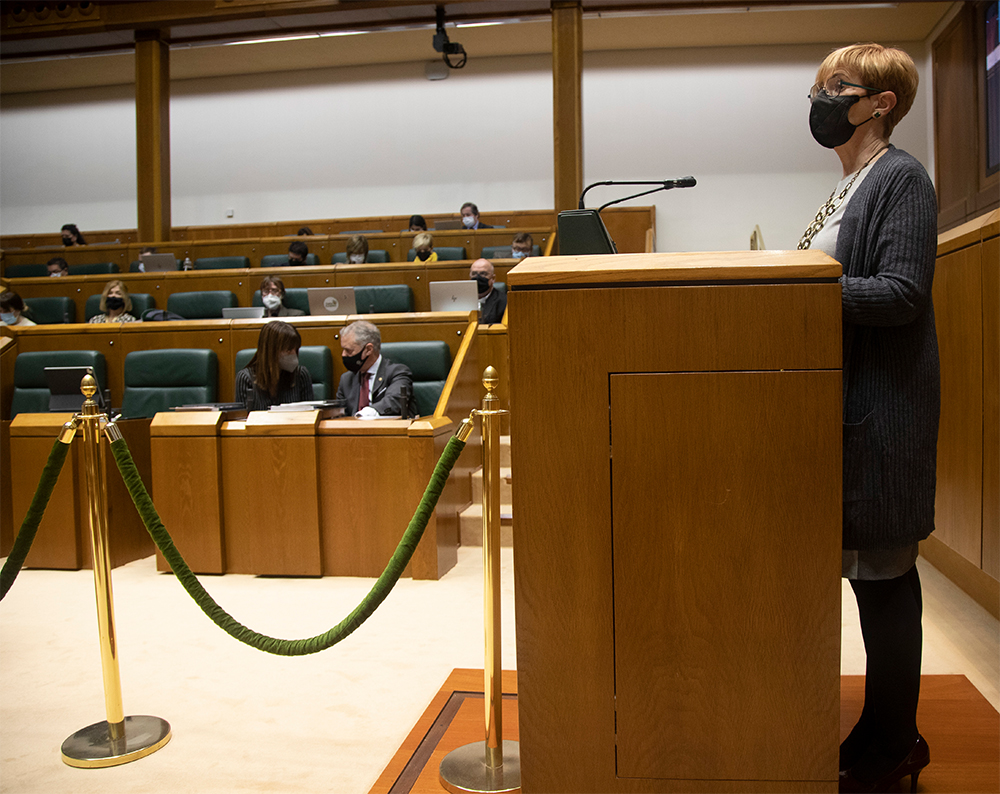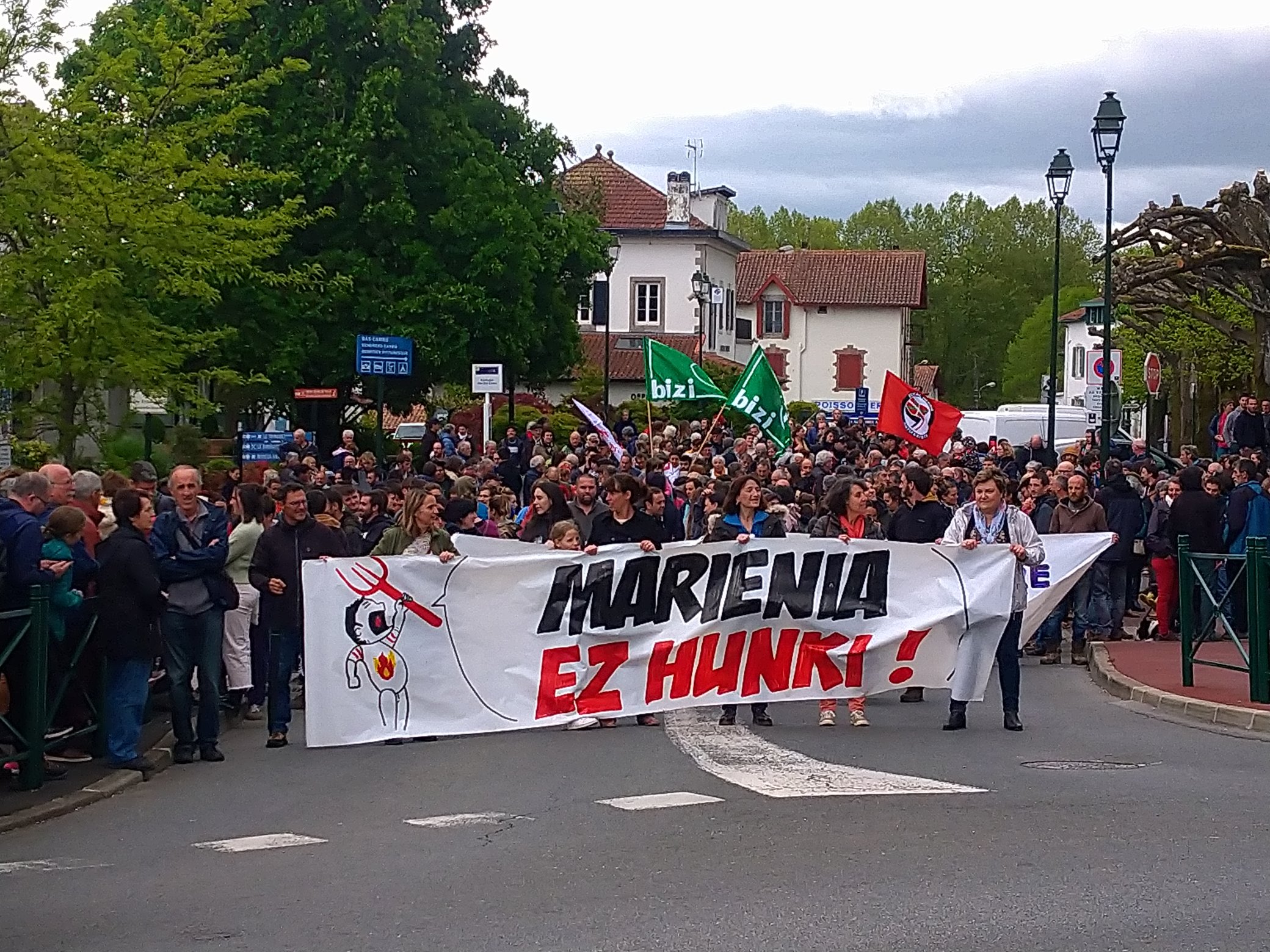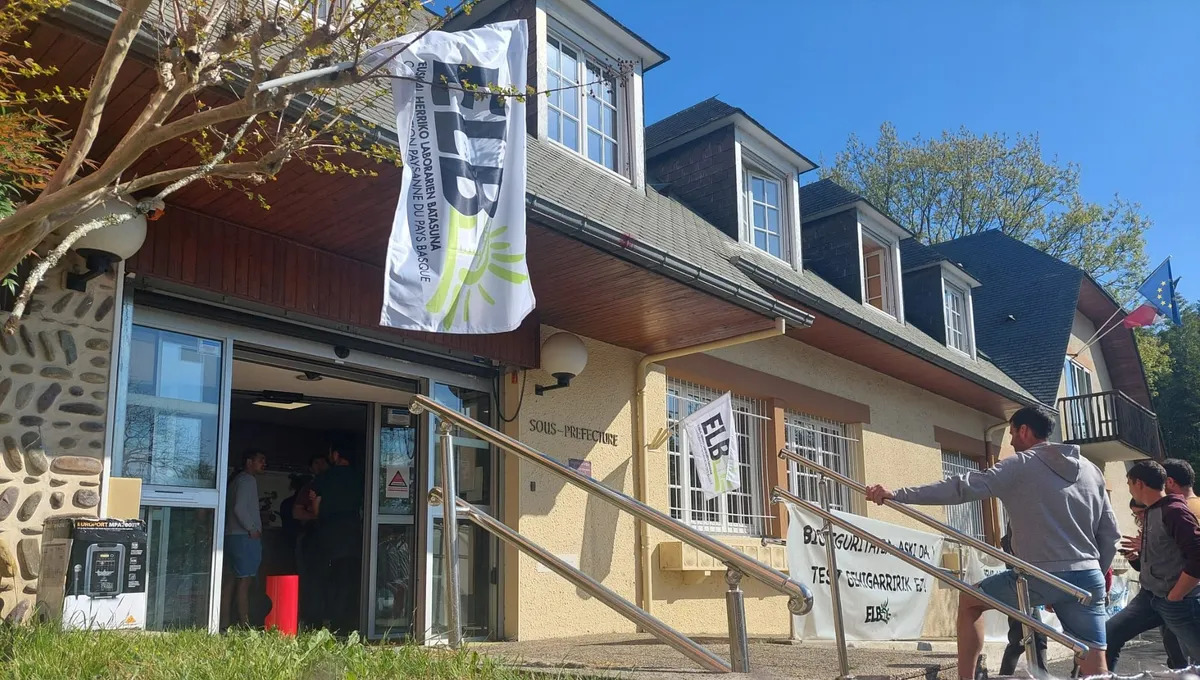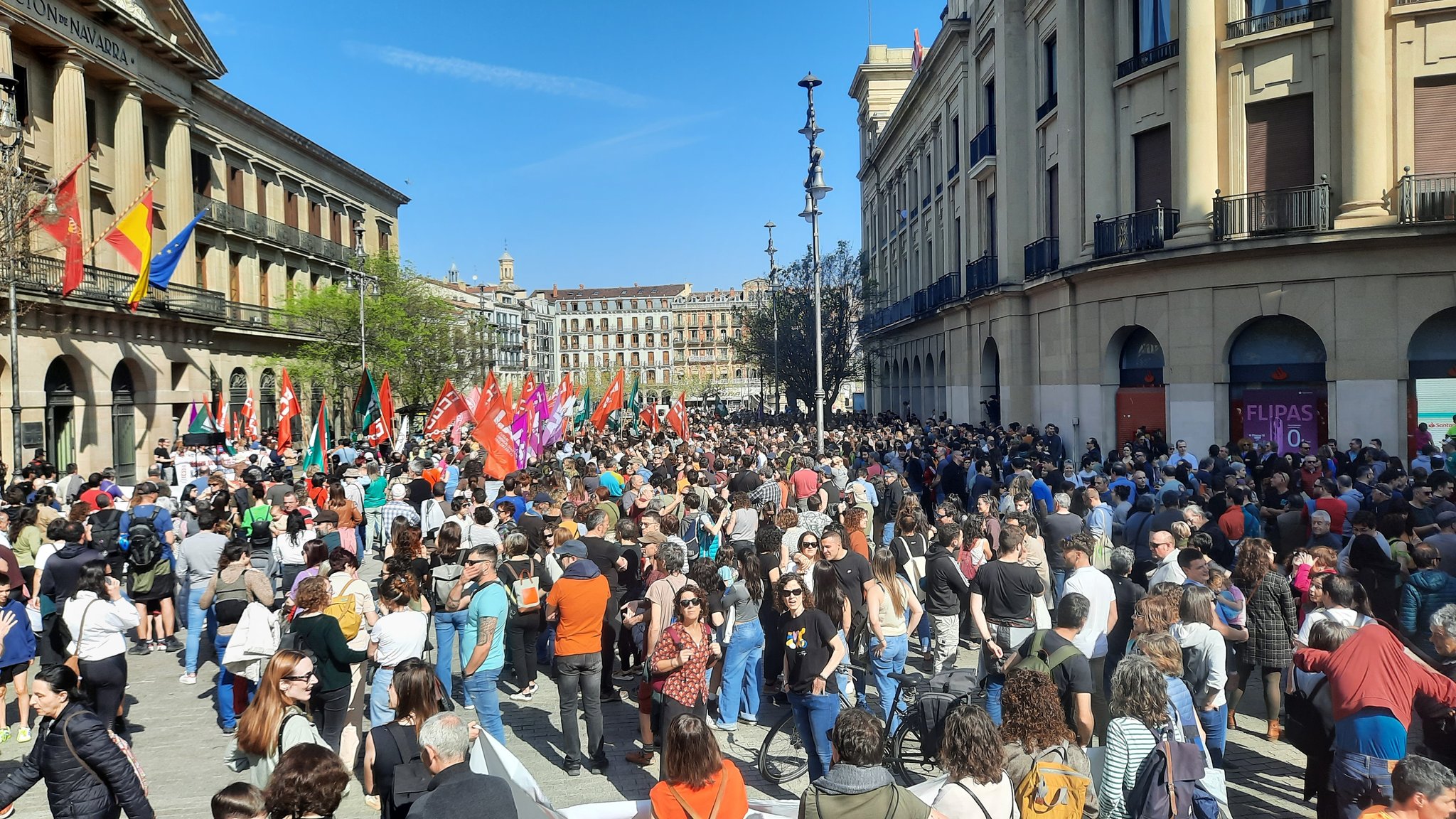Against the wall

It is well known that the question of competition is crucial in the economic field. It says that it determines the distribution of powers. And if we are more demanding, we can say that it also establishes who has the power and therefore who does not exercise it. The main competences have been reserved by the States, but capital has the power to decide on the economic model, not the Basque workers.
There is less talk of the internal importance of the issue and the knot is not small. If we take into account Euskal Herria, one of the paths for the elaboration of national policies is the development of policies designed to ensure our future in the three administrative territories. We have the real opportunity to structure the Basque Country as an economic and social space and to promote a model that faces the systemic crisis. Currently, the main problem is the lack of will, but if you like, the allocation of competences in the CAPV would be a major obstacle.
This system allows the Basque Government to escape from the debate on the central issue. We can make a similar reflection on taxation
A major national challenge is to think of a model and build a system that reorganizes surveillance tasks. And it is a problem, of course, because we now have a system that places too many burdens and too few means on peoples, which makes the differences between countries ever greater. This system allows the Basque Government to escape from the debate on the central issue. We can make a similar reflection on taxation.
Every time we have asked to release the knot through political and social debate, we have turned to the wall. And, look, Tapia has taught us that the wall is just for us. The will of the Government through an ordinary law, which has no other support, has enabled the economic power to modify to its own benefit the system of competences to date.
Bandera amerikanoz inguratuta, muga-zergen oldarraldi berria iragarri zion munduari Donald Trumpek apirilaren 2an. Geroztik hamaika astindu jasan dituzte burtsek eta nazioarteko merkataritzak. Baina hau ez da zoro baten boxeorako ringa bakarrik: AEBetako politikan hamarkada... [+]
Washington, D.C., June 17, 1930. The U.S. Congress passed the Tariff Act. It is also known as the Smoot-Hawley Act because it was promoted by Senator Reed Smoot and Representative Willis Hawley.
The law raised import tax limits for about 900 products by 40% to 60% in order to... [+]
At the beginning of the year, the Zedarria group publicly supported the "opening of the debate" on the "defense" industry (as well as the nuclear industry), to which the Basque Government has immediately joined. First, through Mikel Torres, Vice President and Economic Counselor, who... [+]
Public education teachers have the need and the right to update and improve the work agreement that has not been renewed in fifteen years. For this, we should be immersed in a real negotiation, but the reality is deplorable. In a negotiation, the agreement of all parties must be... [+]
Ukrainaren ondoren Polonia?
Europar Batasunak Ukrainako gerra hauspotu du Kiev armaz hornituta, eta menia oraindik airean delarik, gerraren zikloan murgilduta dago bete-betean. Hori bai, bere diskurtsoa modulatzen ari da, eta gero eta gehiago hitz egiten du balizko su-etenaz... [+]
Economists love the charts that represent the behaviors of the markets, which are curves. I was struck by the analogy of author Cory Doctorow in the article “The future of Amazon coders is the present of Amazon warehouse workers” on the Pluralistic website. He researches the... [+]
Today’s Venice is built on an archipelago of 118 islands. These islands are connected by 455 bridges. The city is based on mud rather than Lura. Millions of trees in the area were cut down from the 9th century onwards to build piles and cement the city. Years have passed and... [+]























